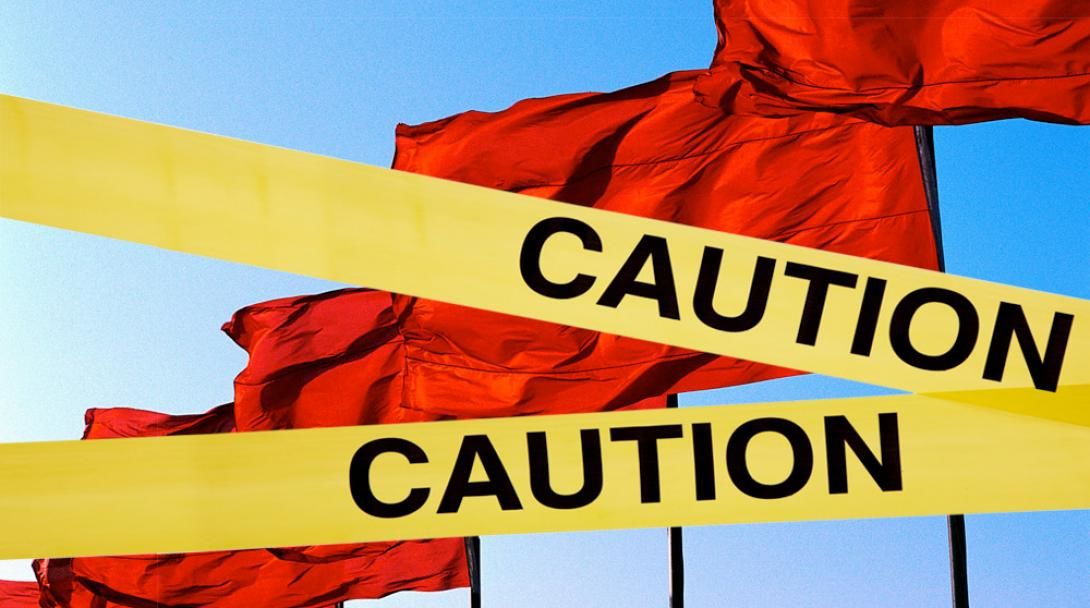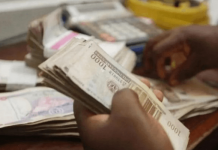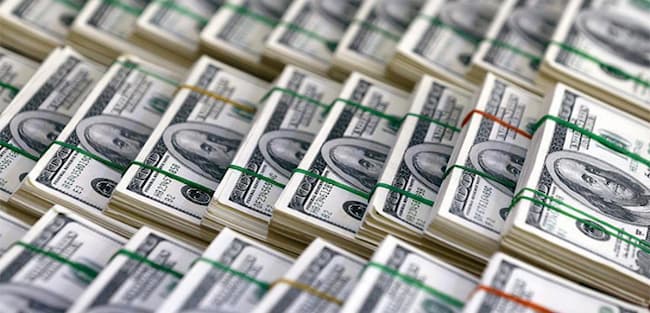The National Action on Sugar Reduction has urged the federal government to proceed swiftly to announce the tax enforcement structure and the timeline for implementing the newly introduced Sugar Tax for the benefit of Nigerians and the economy at large.
In an Open Letter to the Minister of Finance, Budget, and National Planning, Mrs. Zainab Ahmed, the coalition welcomed the introduction of an N10 per liter excise tax on all non-alcoholic, carbonated, and sweetened beverages in the 2021 Finance Act.
The group stated that the passage into law of the important pro-health tax reinforces the federal government’s commitment to prioritizing the health and welfare of Nigerians.
The coalition further described the sugar tax as vital health and finance policy intervention, and the government should take additional steps to ensure its effective implementation through its enforcement and evaluation.
Their appeal for swift implementation of the sugar tax came against the backdrop of concerns over the significant opposition to the tax by the beverage industry, which had described the pro-health intervention as an unnecessary burden on Nigerian consumers.
In the open letter to the minister, the coalition expressed anxiety that further delay in implementing the tax could jeopardize it completely.
The signatories to the letter included the Nigerian Medical Association, Diabetes Association of Nigeria, Nutrition Society of Nigeria, Nigeria Cancer Society, Nigeria Health Watch, the Nigerian Heart Foundation, Bundies Care Initiative, and NOI Polls, among others.
The group said, “Recent developments have revealed the importance of protecting the tax and ensuring its swift implementation. Significant opposition to the tax has already arisen, with the beverage industry framing it as an unnecessary burden on the Nigerian people.
“The industry has tapped highly influential groups and spokespersons to amplify this narrative. Further delay in implementing the tax can jeopardize it completely.”
The letter added, “Pro-health taxes receive more public support when citizens understand why the government has taken these measures. The Nigerian government and people stand to gain health and economic benefits from the tax.
“In South Africa, the introduction of an SSB tax not only led to reduced SSB consumption among heavyconsumers it also generated revenue that exceeded forecasts. In the first year of implementation, around $140 million in SSB tax revenue was recorded.”
The coalition further pointed out that an NOI Polls survey that it commissioned reported that most Nigerians support a sweetened beverage tax if funds are earmarked for healthcare.
The proponents of sugar tax added that “Through earmarking, tax revenues can be used to improve access to life-saving interventions, particularly for low-income Nigerians living with type 2 diabetes and other NCDs.
“It is our request that your ministry should determine earmarking of the tax revenue and sensitise the public about this course of action.”
Other signatories to the minister included the Faculty of Public Health, School of Medicine, University of Ibadan, African Youth Initiative on Population, Health and Development, Project Pink Blue, Talk Health Naija, Lafiya Wealth Initiative, Breast Without Spot, Research Hub Africa, Corporate Accountability and Public Participation Africa (CAPPA) and Policy Innovation Centre.
















